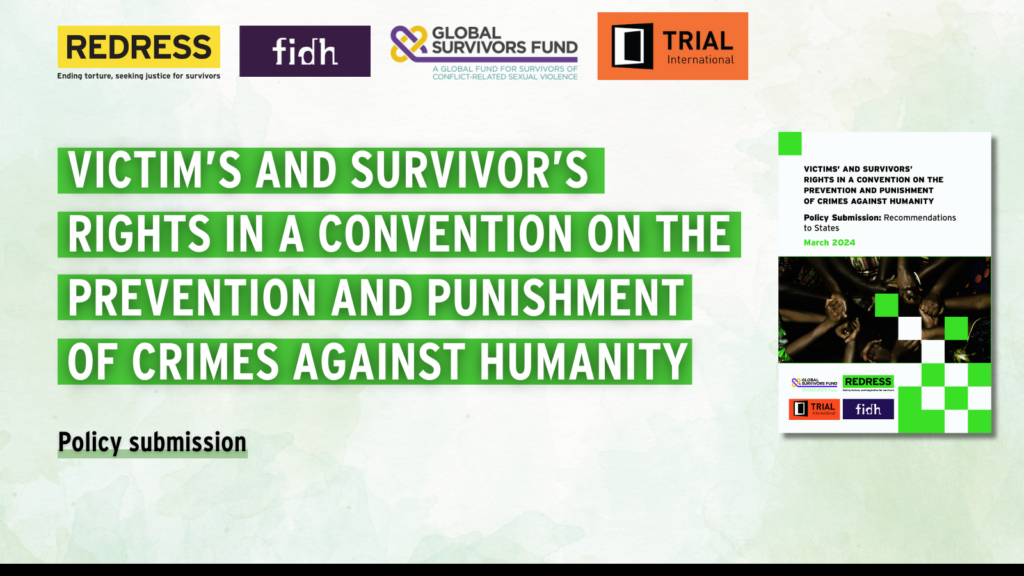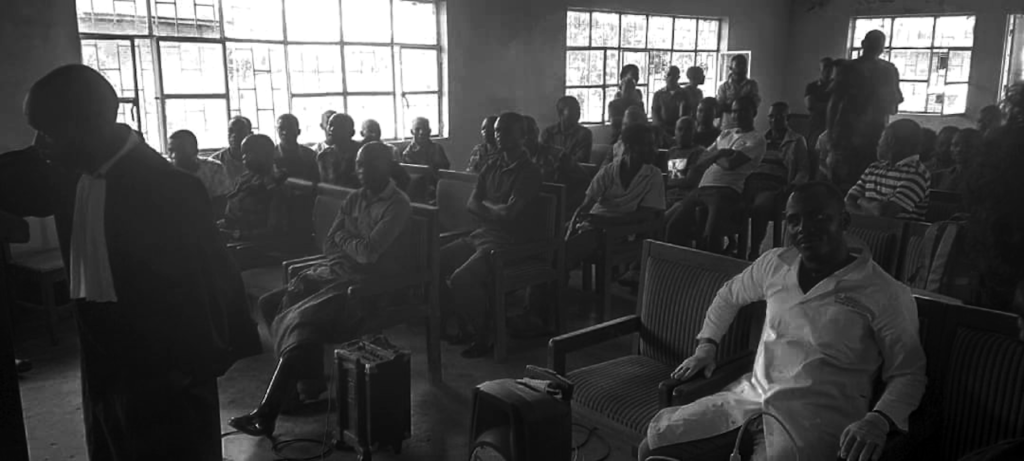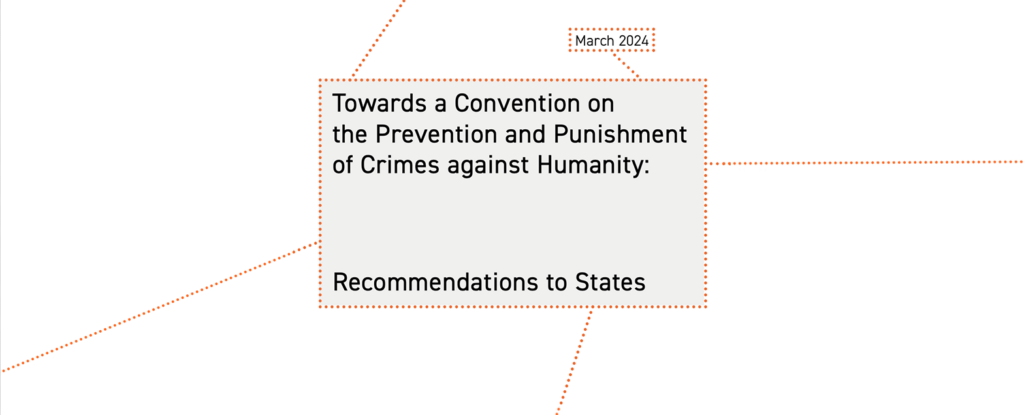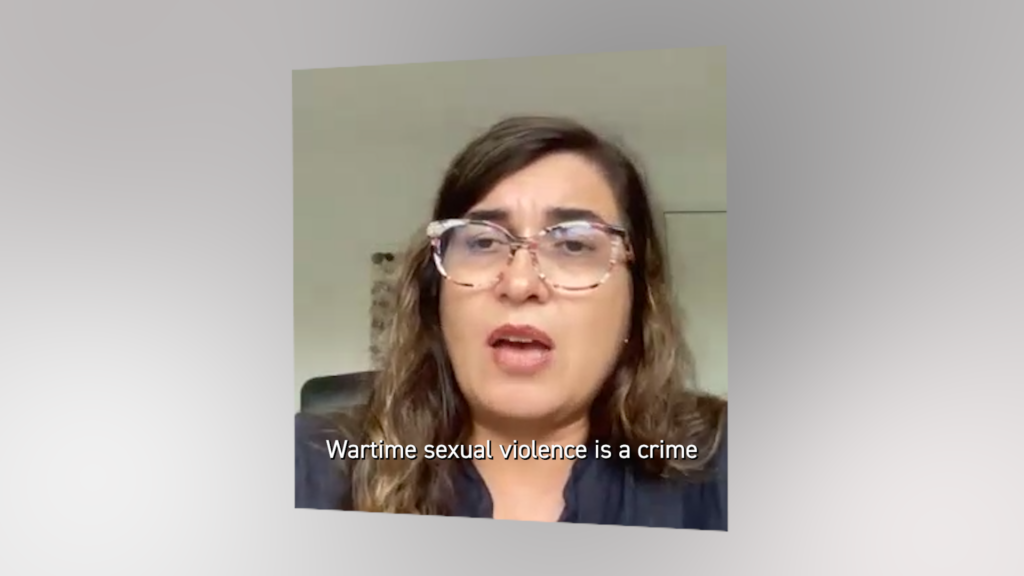Universal Jurisdiction Annual Review (UJAR) 2020: atrocities must be prosecuted soundly and rigorously
The latest Universal Jurisdiction Annual Review (UJAR) salutes the rise of universal jurisdiction cases worldwide. It also highlights an alarming legal trend: the prosecution of mass atrocities as terrorism, and not international crimes.
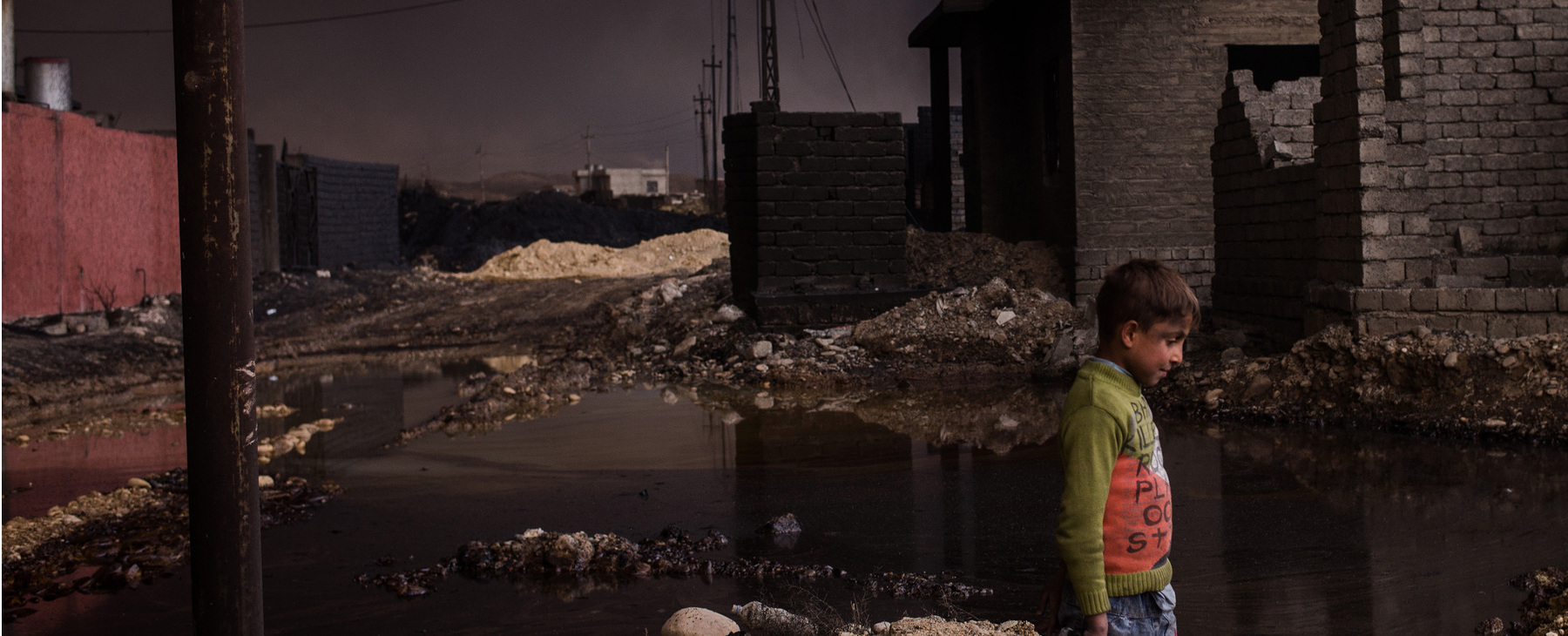
In 2019, the use of universal jurisdiction has grown exponentially. The past year has seen an unprecedented number of cases based on this legal principle: 16 countries have ongoing prosecution, 11 accused are currently on trial and over 200 suspects could soon be, too.
Read the full Universal Jurisdiction Annual Review 2020
Since universal jurisdiction is now a well-established legal practice, the debate has now shifted from whether to use universal jurisdiction to how. And a potentially harmful trend is looming…
Charges of terrorism or international crimes?
The fight against terrorism has become a political priority for many governments, and prosecutions under terror charges are also on the rise. Unfortunately, given the limited resources, this happens at the detriment of prosecutions for international crimes.
A detail? Not at all. The consequences are very real: the breadth of the prosecuted crimes is reduced, because charges of terrorism are less inclusive than charges of war crimes, crimes against humanity or genocide. What is understood as “terrorism” also diverges widely from one country to another.
“Terrorism does not have a single, internationally recognized definition” comments Valerie Paulet, Editor of the UJAR. “Contrary to genocide, torture, enforced disappearance or war crimes, no international treaty circumscribes terrorism clearly. Each State has come up with its own definition, often influenced by current affairs and public opinion.”
Distinct legal bases
Another consequence is that victims have a less prominent role in the proceedings: terrorism is an attack on a State, not individuals. A hard truth to accept for man survivors, for whom access to justice is a step towards closure.
The lack of consensus on the definition of terrorism has another, more insidious consequence. It opens the door to State arbitrariness, whereas treaties codifying international crimes (such as the Convention against Genocide or the Geneva Conventions) are grounded in collegial decision-making upholding the highest standards. Put differently, the present tendency could weaken the foundations of international law, instead of reinforcing it.
The unprecedented willingness from States to punish the worst atrocities is highly positive. Now, the authorities must not cave in to political pressure and limit prosecution to terrorism charges. With the support of civil society and rooted in compelling international norms, they must prosecute crimes against humanity, war crimes and genocide for what they are. No more, no less.
Read the Universal Jurisdiction Annual Review 2020
The Universal Jurisdiction Annual Review is TRIAL International’s main legal publication. It has been researched and written by Valérie Paulet, in collaboration with REDRESS, the European Center for Constitutional and Human Rights (ECCHR) and the International Federation for Human Rights (FIDH). It benefited from the generous support of the City of Geneva, the Oak Foundation and the Taiwan Foundation for Democracy.

